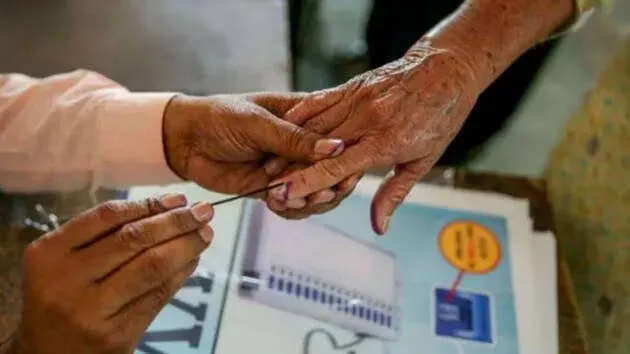

THIRUVANANTHAPURAM: If the 'One Nation, One Election' bill becomes a law and gets implemented in 2029, the year of the next Lok Sabha elections, the tenure of many state governments, including the one in Kerala, will be shortened. As recommended by the Ram Nath Kovind committee, the bill's implementation would lead to synchronized elections, affecting the terms of various state governments.
States like Andhra Pradesh, Odisha, Sikkim, and Arunachal Pradesh, which held Assembly elections alongside the Lok Sabha elections this year, will complete their full tenure. However, states like Haryana, Maharashtra, Jammu and Kashmir, and Jharkhand, with tenures ending in 2029, and Delhi, with a tenure ending in 2030, will witness a change in government approximately six months earlier.
The next government in Kerala can rule for three years
(Upcoming Assembly Elections and tenure of the next government)
2025: Bihar
Can rule for 4 years
will lose 1 year
2026: Kerala, Tamil Nadu, West Bengal, Puducherry
Can rule for 3 years
Will lose 2 years
2027: Uttar Pradesh, Goa, Punjab, Manipur, Gujarat and Himachal Pradesh
Can rule for 2 years
Will lose 3 years
2028: Karnataka, Telangana, Madhya Pradesh, Rajasthan, Meghalaya, Mizoram, Nagaland, Tripura
Can rule for 1 year
2 Options:
Extend the government's tenure by one year
Impose President's Rule for one year
If govt faces early election
If the government is forced to resign due to a hung assembly or a vote of no confidence, and an election has to be held, the term of the newly formed government will only last until the time of the general elections.
Beneficial for exchequer and political parties
1. If elections are held together, the government's administrative expenses and political parties' campaign expenses will be reduced.
2. Utilizing human resources such as election observers, polling officials, and police collectively will save time and reduce workload.
3. Voters can avoid going to the polling booth multiple times. Migrant workers and those residing far away need to travel home only once in five years for this purpose, reducing the nationwide loss of human resources.
Election Commission might seek more time
Even if the political parties reach a consensus regarding the 'One Nation, One Election' system, the Election Commission is likely to seek more time for preparations. Although the Ram Nath Kovind committee has recommended implementing this system by 2029, the Election Commission considers it impractical. The Commission states that achieving political consensus and passing a bill in Parliament are only the beginning steps. The actual groundwork will commence only afterwards. Even if the bill is passed by late 2025 or early 2026, there will not be sufficient time to prepare.
To conduct simultaneous elections, the number of voting machines would need to be doubled. The companies manufacturing these machines are not capable of producing such a large quantity within a short period. It would take up to three years to achieve this. Hence, implementing the reform by 2029 is deemed impractical.